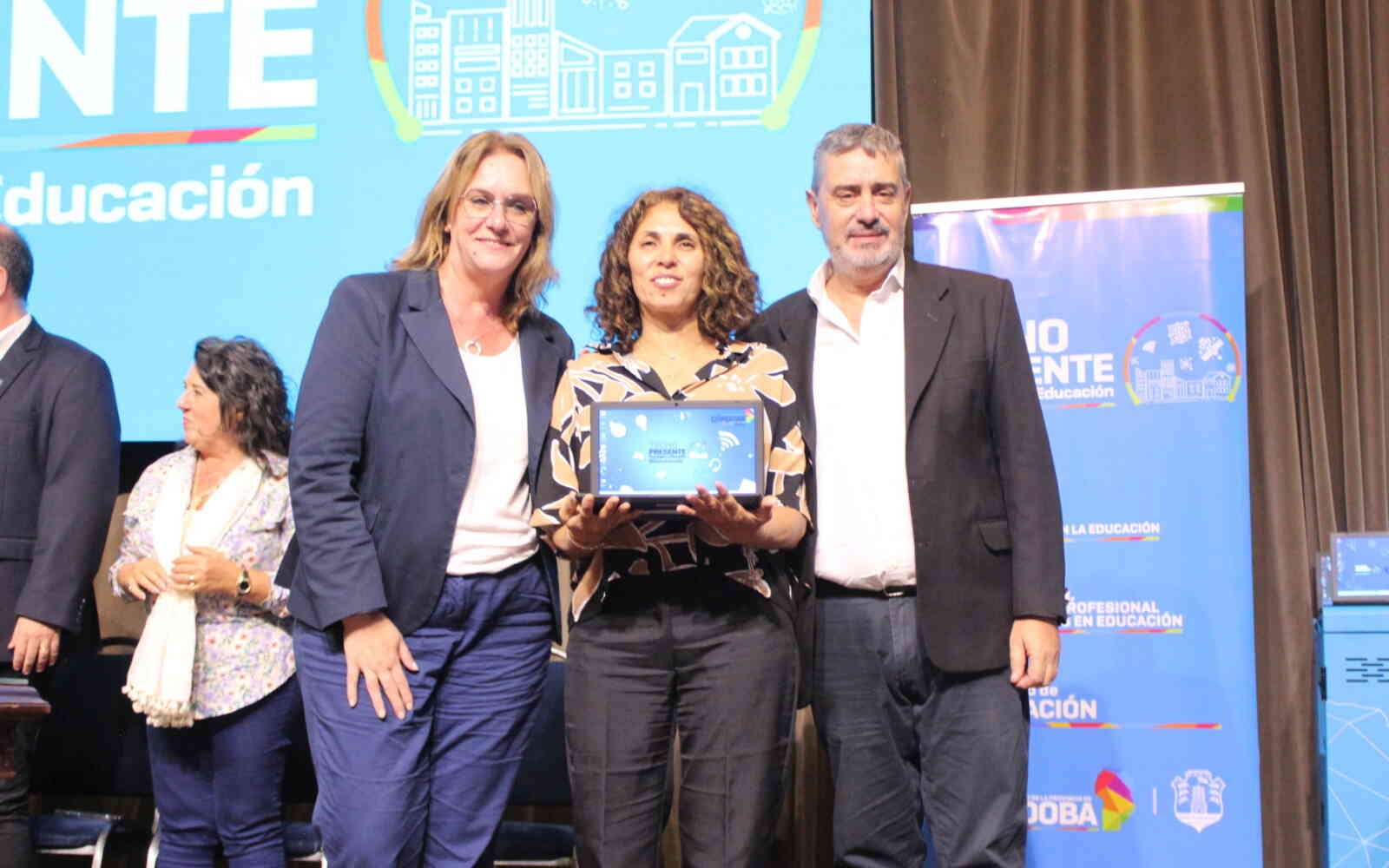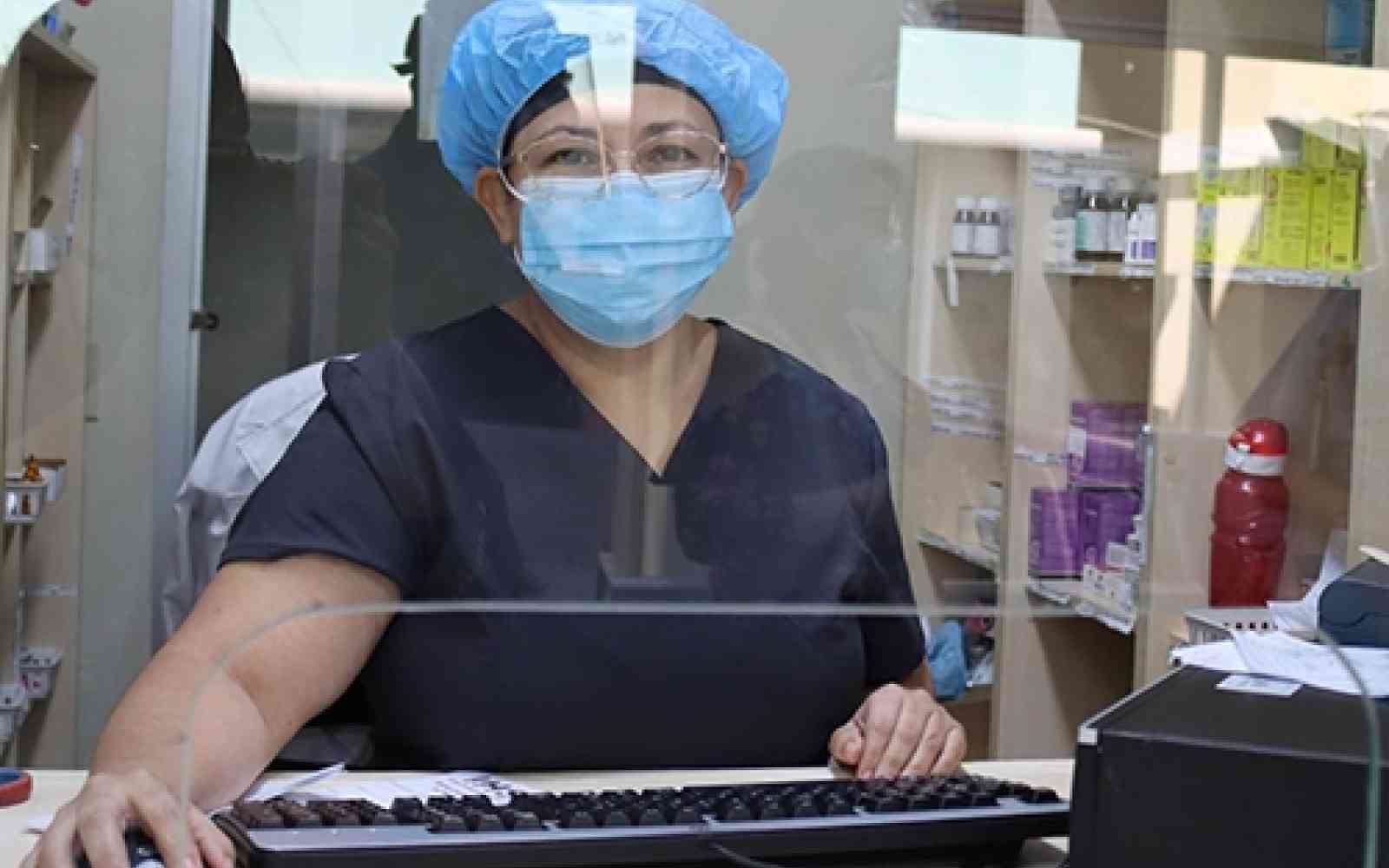The United Nations Office for Project Services (UNOPS)
Saving more than money

UNOPS Procurement Director Patricia Moser talks with Procurement Leaders about how her team operates and succeeds in the face of humanitarian crises, standing ready to help those in need.
The introduction of the article is below:
When a global crisis hits – such as the 7.0-magnitude earthquake that struck Haiti in 2010, devastating homes and businesses, or the 2011 Syrian uprising that developed into civil war – the world responds. Emergency response initiatives are set up, the world's media brings the crisis to the forefront of public consciousness, and the general population donate money and resources to help those in need.
But there will always be another emergency elsewhere. As a new crisis emerges, the focus shifts, the hype dies down and the latest disaster takes centre stage. But this does not mean the existing catastrophe has been resolved.
Very few people are aware of the bigger picture and how, behind the scenes, once all the public hype has died down, the United Nations Office for Project Services (UNOPS) continues to provide long-term support to rebuild the fractured communities left behind.
UNOPS stands on the front line of global crises, working to rebuild communities in some of the most fragile and far-flung reaches of the globe. Holding a unique position within the UN as the organisation's only self-funded agency, the procurement team works with a number of other agencies and global partners to deliver results.
But this is not procurement as many know it. UNOPS procurement means something different altogether because a function with a scope and scale of such magnitude means the difference between life and death to the communities in the 80-plus countries it currently touches.
One step beyond
For Patricia Moser, director of the procurement group at UNOPS, the role of the function can be summarised as "supplying value, delivering results, changing lives".
Supplying value and delivering results may be nothing unique to a procurement team, but to have the weight of responsibility for changing people's lives on the shoulders of the function adds a level of duty not associated with the average role.
"The team is continually working with our personnel on the ground all over the world. In the morning, we may be working with the team in Honduras and in the afternoon we may be working with our office in Jordan," says Moser.
One of the situations currently top of the agenda at UNOPS is the Syrian refugee crisis. Some five million Syrians are estimated to have fled their country since the start of the uprising in March 2011. Neighbouring Turkey is estimated to host 2.5 million of these refugees, according to statistics released by Amnesty International. As the migrant crisis enters its sixth year, these people are in need of stability and temporary homes.
One of the world's largest refugee camps, Azraq in Jordan, was built as a temporary structure to house up to 130,000 people escaping the conflict in Syria.
When the safety and security of the refugees and humanitarian workers in the camp came under threat, it was UNOPS that was called upon to support the Jordanian government by procuring equipment to enable vital security services to be implemented and security facilities to be constructed.
As part of that project, UNOPS was responsible for procuring the likes of solar power systems and generators for offices, as well as accommodation units for security teams.
Agility takes on a new meaning in situations like this when many things cannot be predicted or planned for. After all, there is no single means of preparing humanitarian response to an earthquake that no one anticipated or to acquire temporary shelters in response to a civil war a nation hoped would not take place.













